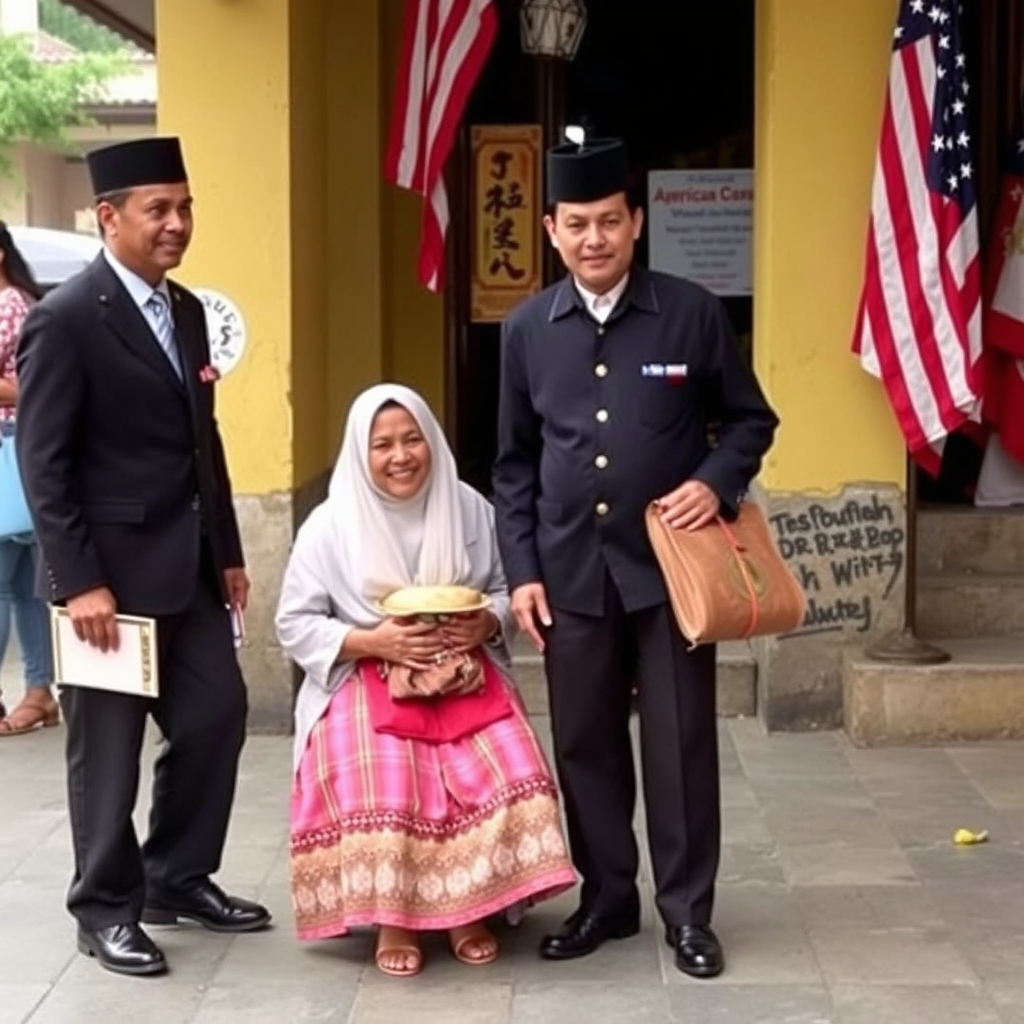15 American Social Customs That Might Surprise You
Table of Contents
Introduction
American culture is a melting pot of influences, leading to a fascinating and sometimes perplexing array of social customs. If you're planning a trip to the United States, or even just interacting with Americans in your own country, understanding these customs can help you navigate social situations with ease and avoid accidental faux pas. This article will explore 15 American social customs that might surprise visitors and offer insights into the reasons behind them. Remember, "Balance in life is the key to happiness." Understanding and adapting to these cultural nuances can contribute to a more balanced and positive experience when interacting with Americans.
15 Surprising American Social Customs
1. Tipping Culture
One of the most significant differences between the US and many other countries is the tipping culture. Tipping is expected in various service industries, including restaurants (15-20% of the bill), bars (15-20%), taxis (15-20%), hairdressers (15-20%), and even for services like hotel housekeeping. Servers often rely on tips to supplement their income, as their base wages can be quite low.
2. The Prevalence of Small Talk
Americans often engage in small talk, even with strangers. This could involve commenting on the weather, asking about your day, or making general observations. While it might seem superficial, it's a way to be friendly and build rapport. Don't be surprised if a cashier asks, "How's your day going?"
3. Emphasis on Personal Space
Americans generally value their personal space and prefer to maintain a comfortable distance during conversations. Standing too close to someone can be perceived as intrusive. Keep about an arm's length distance between yourself and the person you're talking to.
4. Direct Communication Style
While they might engage in small talk to ease into a conversation, Americans are generally known for their direct communication style. They tend to say what they mean clearly and concisely, which can sometimes be perceived as blunt by people from cultures that value indirectness.
5. The Importance of Scheduling
In the US, scheduling is highly valued. People often plan meetings, appointments, and even social gatherings well in advance. Spontaneity is less common. Showing up late without prior notice is generally considered rude.
6. Exaggerated Enthusiasm
Americans often express enthusiasm in a way that might seem exaggerated to outsiders. Phrases like "That's awesome!" or "I love it!" are common, even when the sentiment might not be quite so strong. This is simply a cultural norm for expressing positive feelings.
7. Surface-Level Friendliness
While Americans are generally friendly and outgoing, it's important to understand that this friendliness might not always translate into deep, lasting friendships. It's often a surface-level politeness. Don't necessarily expect an immediate invitation to someone's home just because they're being friendly.
8. Unique Eating Habits
American eating habits can be quite different from other cultures. Portion sizes tend to be larger, and there's a greater prevalence of fast food and processed foods. Eating on the go is also common.
9. Avoiding Certain Conversation Topics
While Americans can be open, certain topics are generally considered taboo in polite conversation, especially with people you don't know well. These include religion, politics, salary, and personal finances.
10. Openness and Sharing
Despite some conversational taboos, Americans can be surprisingly open about their personal lives, especially with friends and acquaintances. They might share details about their relationships, health, or personal struggles more readily than people from some other cultures.
11. Emphasis on Volunteering
Volunteering is highly valued in American society. Many people dedicate their time to charitable causes, and it's often seen as a way to give back to the community.
12. Displays of Patriotism
Displays of patriotism are common in the US, particularly around national holidays. You'll often see American flags displayed on homes and businesses, and hear patriotic songs played at public events.
13. Potluck Dinners
Potluck dinners, where each guest brings a dish to share, are a popular social gathering in the US. This is a casual and cost-effective way to enjoy a meal with friends and neighbors.
14. Casual Dress Code
In many situations, particularly outside of formal business settings, Americans tend to dress casually. Jeans, t-shirts, and sneakers are common attire.
15. "The Customer is Always Right" Mentality
The customer service industry in the US operates under the general principle that "the customer is always right." This means that businesses often go to great lengths to satisfy customers, even if it means bending the rules.
Conclusion
Navigating a new culture can be challenging, but understanding these 15 American social customs can help you have a smoother and more enjoyable experience. Remember to be observant, adaptable, and respectful of the local norms. By embracing these cultural differences, you'll be well on your way to connecting with Americans and appreciating the unique aspects of American society.
Frequently Asked Questions (FAQ)
-
Q: Is it considered rude to ask an American about their age?
A: Yes, asking someone's age, especially if you don't know them well, is generally considered impolite.
-
Q: What should I do if I don't understand something an American says?
A: It's perfectly acceptable to politely ask them to repeat themselves or clarify what they mean. Don't be afraid to say, "I'm sorry, I didn't quite catch that. Could you please explain?"
-
Q: Is it necessary to tip at a fast-food restaurant?
A: No, tipping is not expected at fast-food restaurants where you order at a counter and pick up your own food.



Comments
Post a Comment